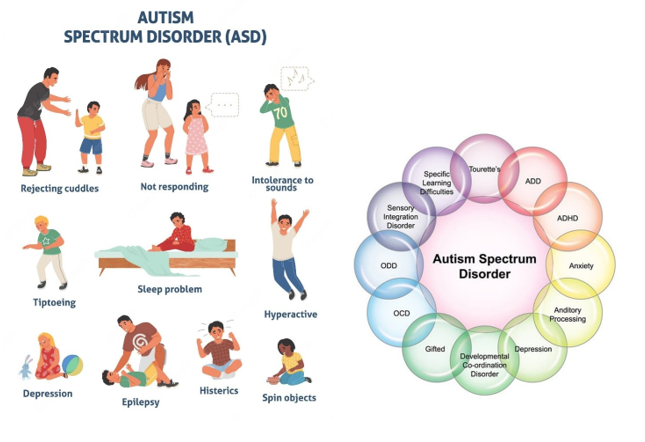During her sports physical examination, 15-year-old female requests oral contraceptives. She explains that she is sexually active and does not want her parents to know. Which action should the nurse take?
Encourage the client to discuss her need for contraceptives with her parents.
Counsel the client about the risks and benefits of using oral contraceptives.
Explain that she needs parental approval to receive contraceptives.
Tell the client how to receive a variety of free oral contraceptives from the clinic.
The Correct Answer is B
Answer: (B) Counsel the client about the risks and benefits of using oral contraceptives.
Rationale:
(A) Encourage the client to discuss her need for contraceptives with her parents: Encouraging open communication with parents is important, but this action might not be the most appropriate in this context. The client has expressed a desire for confidentiality, and respecting her autonomy is essential, particularly when it comes to sensitive topics like sexual health.
(B) Counsel the client about the risks and benefits of using oral contraceptives: Providing counseling about the risks and benefits of oral contraceptives is the most appropriate action. It ensures the client is informed and able to make a decision that is right for her health and circumstances. The nurse can also discuss other contraceptive options and provide education on safe sex practices. This approach respects the client's autonomy and privacy while ensuring she receives the necessary information to make an informed choice.
(C) Explain that she needs parental approval to receive contraceptives: In many areas, adolescents have the right to obtain contraceptives without parental consent. Requiring parental approval might not only be legally incorrect but could also discourage the client from seeking necessary healthcare, potentially putting her at risk.
(D) Tell the client how to receive a variety of free oral contraceptives from the clinic: While providing information about accessing contraceptives is helpful, this option alone does not address the need for thorough counseling about the risks and benefits. It's important to ensure that the client understands the implications of using oral contraceptives and has the opportunity to ask questions and receive guidance tailored to her individual needs.
Nursing Test Bank
Naxlex Comprehensive Predictor Exams
Related Questions
Correct Answer is D
Explanation
If a child's systolic blood pressure is greater than the 90th percentile during a routine clinic visit, the nurse should take the blood pressure two more times during the visit and determine the average of the three readings. This will provide a more accurate assessment of the child's blood pressure. Referring the child to the healthcare provider and scheduling an evaluation of blood pressure in two weeks
A. may be necessary if the child's blood pressure remains elevated, but it is not the next action that should be taken. Measuring the child's blood pressure three times during the visit and determining the highest of the readings
B. is not recommended because it may overestimate the child's blood pressure. Conducting a head-to-toe assessment and omitting repeated blood pressures during the examination
C. is not appropriate because it does not provide an accurate assessment of the child's blood pressure.
Correct Answer is A
Explanation
Children with autism spectrum disorder may have difficulty with sensory processing, social interactions, and communication, which can contribute to feeding difficulties and failure to thrive. Providing structured meal times is an important intervention to help establish a routine and promote consistency and predictability.
Structured meal times involve setting a specific time for meals and snacks, providing a calm and quiet environment, and limiting distractions. This can help the child focus on the task of eating and reduce sensory overload that may interfere with feeding. The nurse should also ensure that the child is seated comfortably and at an appropriate height for feeding.
Offering food even if disinterested (B), incorporating play during meals (C), and allowing multiple food choices (D) are not necessarily helpful interventions for a toddler with autism spectrum disorder and failure to thrive. Offering food when the child is not interested may reinforce negative feeding behaviors and can contribute to further feeding difficulties. Incorporating play during meals may distract the child from the task of eating and can be counterproductive. Allowing multiple food choices can be overwhelming for the child and may not promote a consistent and structured feeding routine.
Therefore, the nurse should prioritize providing structured meal times as an important intervention for promoting feeding and growth in a toddler with autism spectrum disorder and failure to thrive.

Whether you are a student looking to ace your exams or a practicing nurse seeking to enhance your expertise , our nursing education contents will empower you with the confidence and competence to make a difference in the lives of patients and become a respected leader in the healthcare field.
Visit Naxlex, invest in your future and unlock endless possibilities with our unparalleled nursing education contents today
Report Wrong Answer on the Current Question
Do you disagree with the answer? If yes, what is your expected answer? Explain.
Kindly be descriptive with the issue you are facing.
